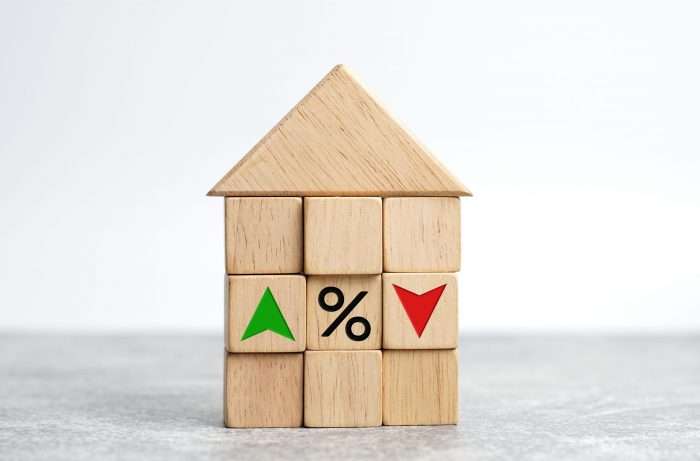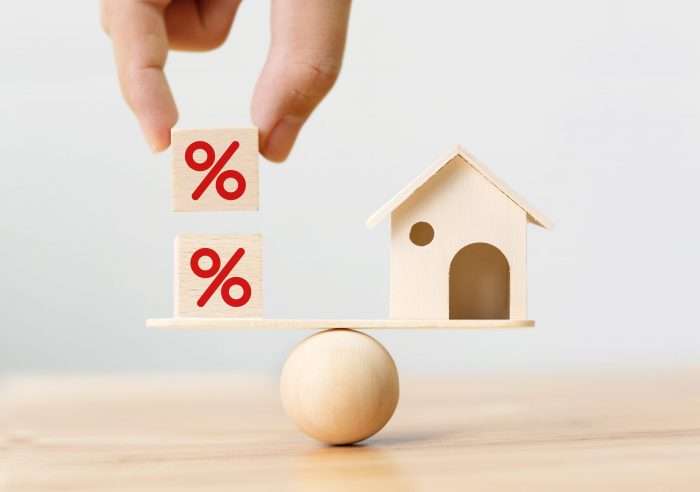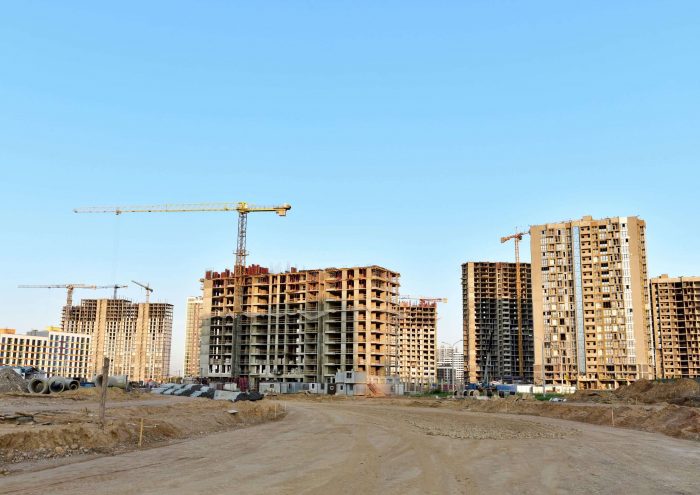The Impact of Changing Interest Rates on Abu Dhabi’s Real Estate Market

Abu Dhabi, the capital of the United Arab Emirates, has witnessed significant growth in its real estate sector over the years.
Like any other market, the real estate industry in Abu Dhabi is influenced by various factors, and one of the most crucial aspects affecting its dynamics is changing interest rates.
Understanding Interest Rates and their Significance:
- Interest rates are the cost of borrowing money from financial institutions, and they play a vital role in shaping the overall economic landscape of a region.
- In Abu Dhabi, interest rates are influenced by the UAE Central Bank’s monetary policy, which aims to maintain price stability and sustainable economic growth.
Effect on Mortgage Rates:
- One of the primary ways interest rate changes impact the real estate market is through mortgage rates. As interest rates rise, borrowing becomes costlier, leading to an increase in mortgage rates.
- Prospective homebuyers may find it more expensive to finance their purchases, potentially leading to a decrease in demand for properties.

Demand and Property Prices:
- Fluctuations in interest rates can significantly influence the demand for real estate. When interest rates are low, borrowing becomes more affordable, and this can drive up the demand for properties.
- As demand rises, property prices tend to increase. Conversely, rising interest rates may lead to reduced demand, causing property prices to stabilize or even decrease.
Impact on Real Estate Investors:
- Real estate investors in Abu Dhabi may be affected by changing interest rates in various ways. Lower interest rates can make real estate investments more attractive, as the cost of financing decreases.
- Investors may take advantage of this situation to expand their portfolios. On the other hand, higher interest rates may deter some investors, especially those reliant on borrowing to fund their ventures.

Real Estate Market Stability:
- Interest rates play a significant role in maintaining the stability of the real estate market.
- Drastic fluctuations in rates can create uncertainty and volatility, making it challenging for both buyers and sellers to make informed decisions.
- The government and regulatory authorities may need to implement measures to ensure a balanced market during such times.
Development and Construction Sector:
- The development and construction sector in Abu Dhabi can experience fluctuations based on interest rate changes. Lower interest rates may encourage developers to undertake new projects as borrowing costs decrease.
- This could lead to increased construction activities and a rise in the supply of properties. Conversely, higher interest rates may lead to a slowdown in construction, potentially impacting the overall supply-demand balance.

Government Interventions:
- In response to changing interest rates and their impact on the real estate sector, the Abu Dhabi government may implement specific policies to stabilize the market.
- These policies could include adjusting mortgage lending regulations, offering incentives to buyers and developers, or introducing measures to curb speculative activities.
The real estate market in Abu Dhabi is influenced by several factors, and changing interest rates play a crucial role in shaping its dynamics.
Whether it’s affecting mortgage rates, property demand, investor behavior, or construction activities, the impact of fluctuating interest rates cannot be understated.
As the market continues to evolve, it is essential for stakeholders to keep a close eye on interest rate trends and adapt their strategies accordingly to navigate the ever-changing landscape of Abu Dhabi’s real estate market.





